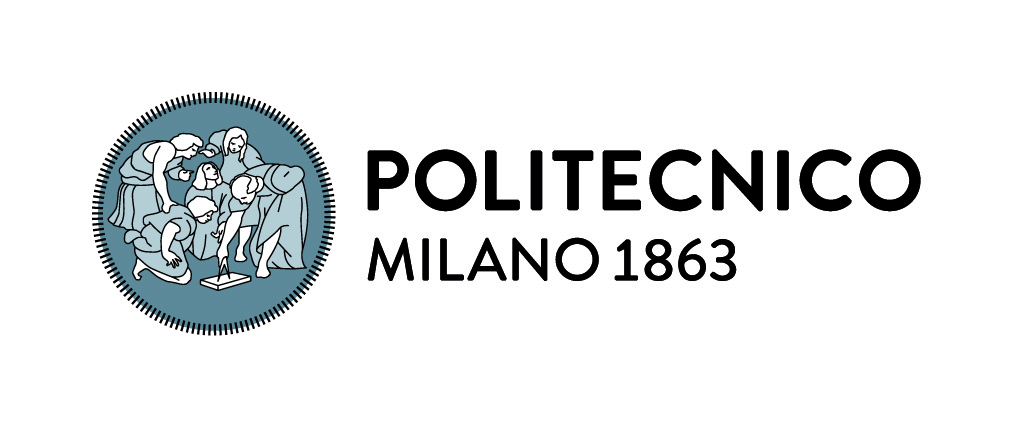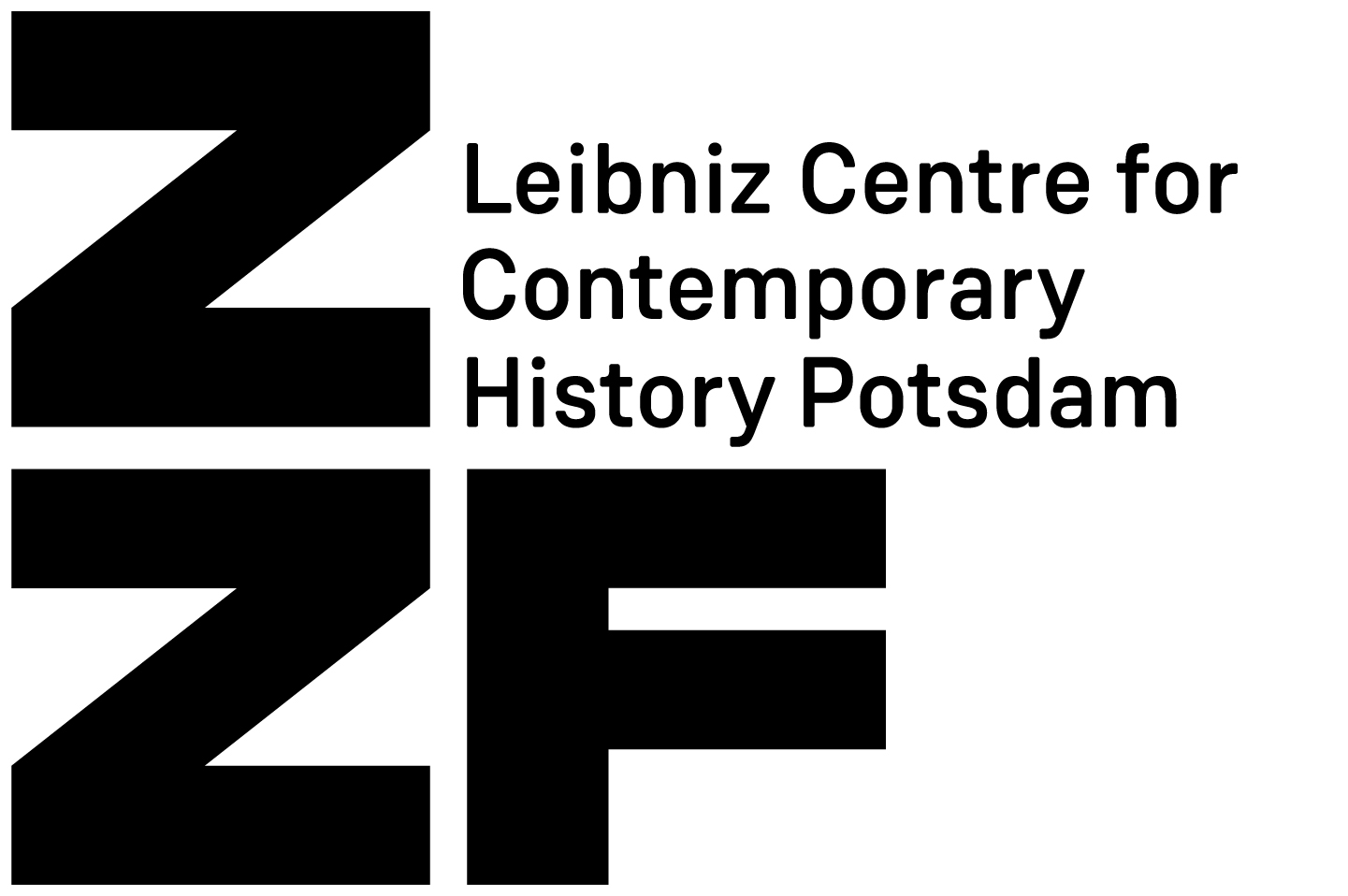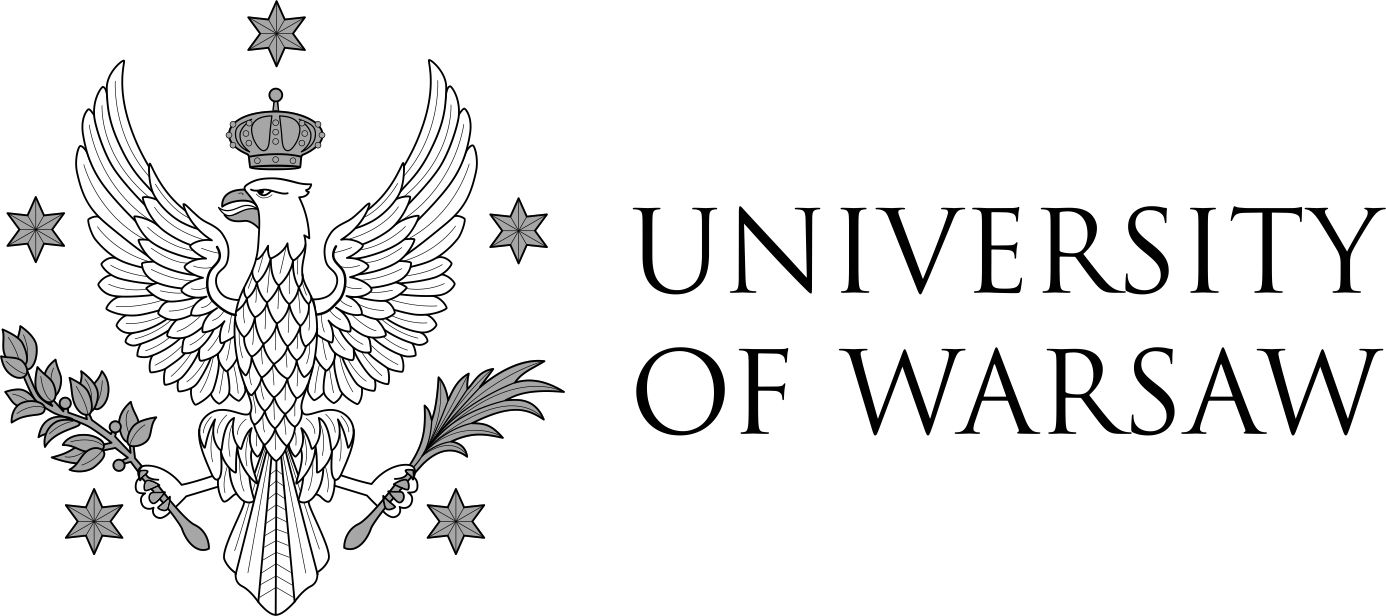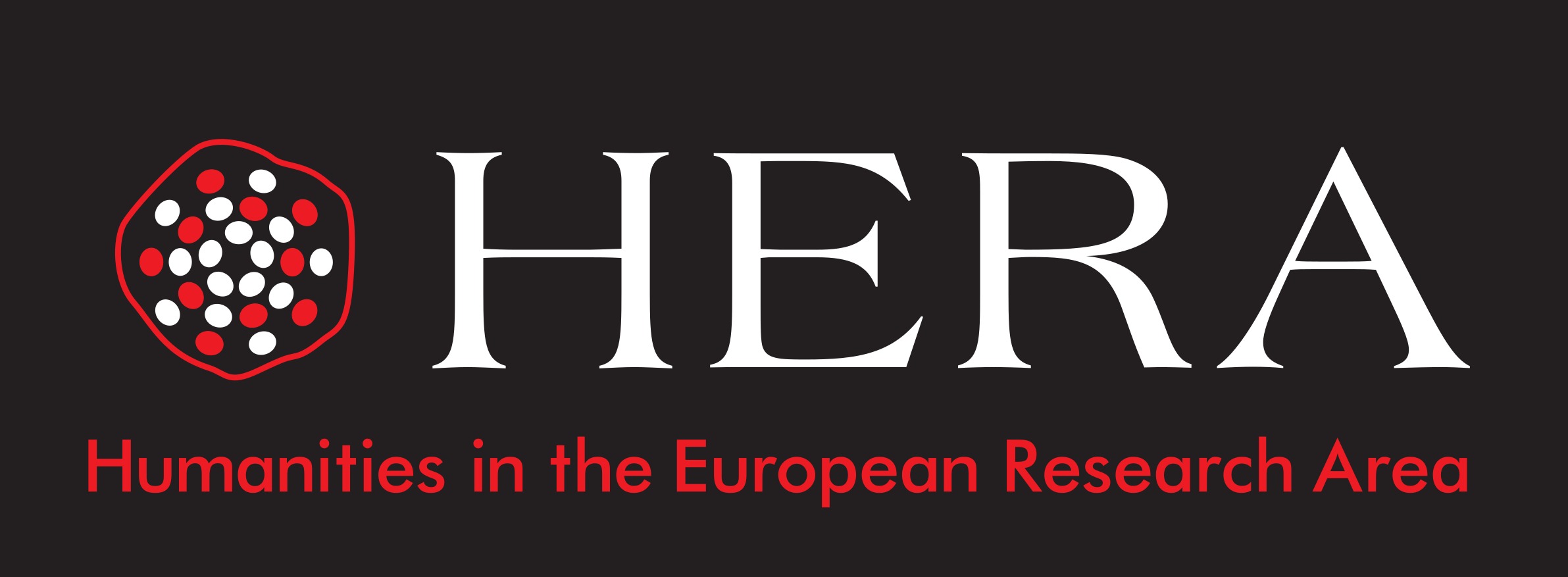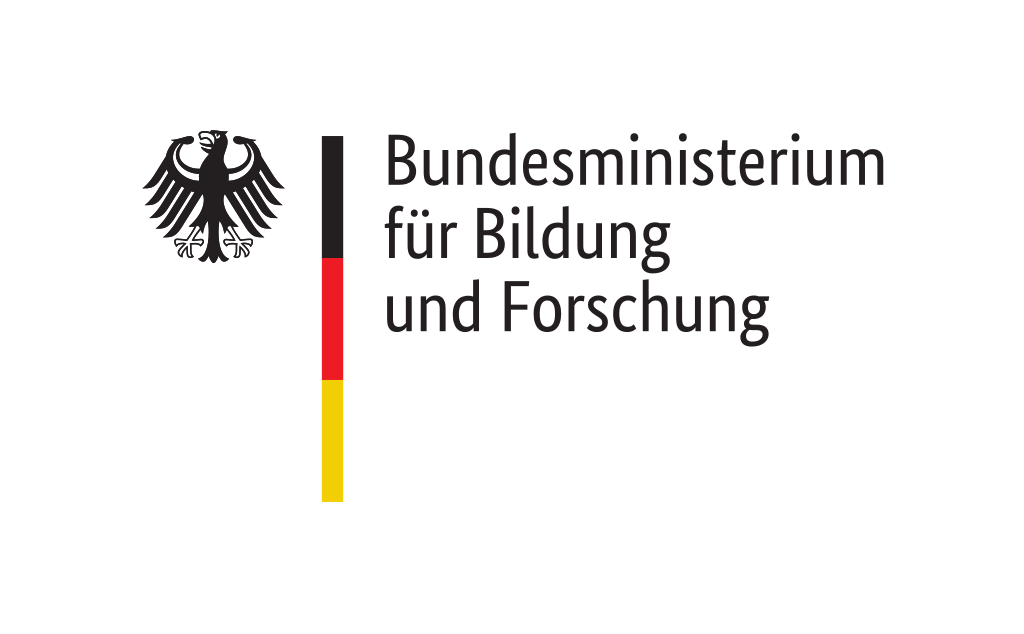Leibniz Centre for Contemporary History Potsdam
The ZZF team will examine cases of heritage and authenticity conflicts centred around the reconstruction of city palaces and historically symbolic buildings in Berlin and Potsdam, focusing on contests around their use for government and museum purposes in relation to post‐colonialism, post‐socialism, migration and representation in Germany. They will use historical and qualitative methods including archival research, discourse analysis and semi‐structured interviews with citizens’ groups to undertake comparative analysis of potential ‘adaptive re‐use’ processes associated with key sites.
Dr Achim Saupe and Dr Kristin Meissner will investigate the reconstruction of the city palaces in Potsdam and Berlin, as conflicts over belonging and ‘historical authenticity’ within public space, urban planning practices and civic participation. By comparing such conflicts to other examples of urban rebuilding in both cities since 1989, the project analyses processes of negotiation and appropriation and divergent symbolic, historical or cultural meanings of public spaces.
By seeing urban identities and cultural heritage as part of a dynamic process of dealing with public space, deeply connected to local, national and European histories, contested processes of shaping belonging and urban communities can be highlighted. Investigating the citizens’ initiatives supporting and protesting the demolitions, reconstructions and re-structuring of the urban landscape exposes the perseverance and re-configuration of traditional urban histories and narratives, the marginalisations of East German memories and the search for a new urban and national self-understanding after the re-unification. Comparing the civic initiatives’ strategies and activities to value and devalue, to contest or to re-appropriate these public spaces will uncover marginalised and hegemonialised concepts of post-unification belonging and central considerations for their re‐use or removal, particularly in relation to notions of ‘authenticity’ and potentially ‘tainted’ spaces from non‐democratic pasts.
The use of the city palaces for the Brandenburg government and Humboldt Forum respectively, draws out further layers of the signification of architecture and city spaces within the context of belonging – colonialism, representation, participation and political integration – as part of and in relation to authorised heritage discourses (Smith 2006), and hegemonisation, place branding, and contested post‐socialist and post-migrant identities within Europe.
Dr Achim Saupe (PI)
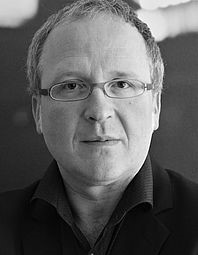
- Coordinator of the Leibniz Research Network Historical Authenticity
- Leibniz Centre for Contemporary History Potsdam (ZZF)
- Email: saupe@zzf-potsdam.de
Dr Kristin Meißner (RA)

- Research Fellow
- Leibniz Centre for Contemporary History Potsdam (ZZF)
- Email: meissner@zzf-potsdam.de


